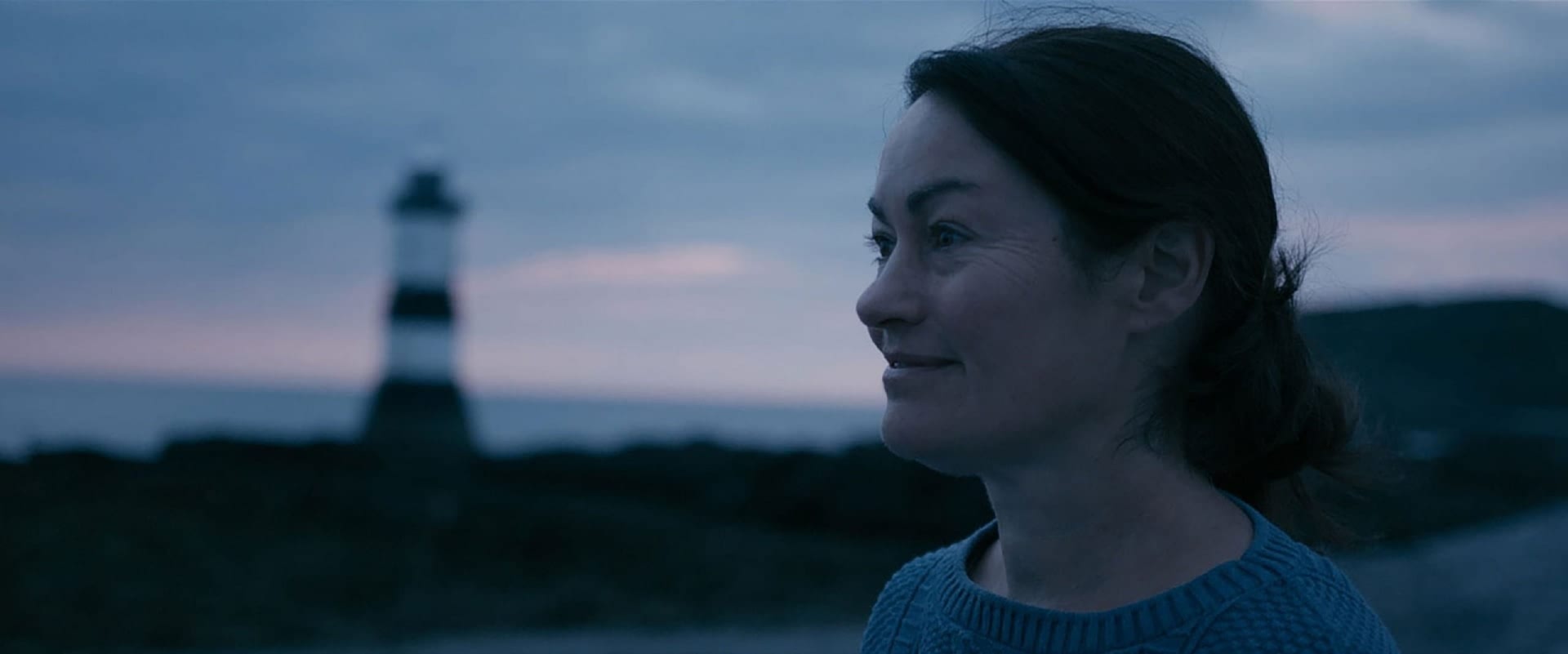
The Curator Collective
Helen's Story
The Curator Collective
The shampoo that's cleaning up the sea
There are 500 times more pieces of plastic in our oceans than there are stars in the sky.
For Helen Lowe, having pride in what she does is a minimum requirement.
It's a simple mantra but sometimes a difficult one to execute; after all, the health and beauty industry has long struggled to bridge the gap between what's good for the body and what's good for the soul.
Think about microbeads – the once ever-present 'little blue balls' in most commercially-available exfoliants – which were recently banned in the UK due to their contribution to the vast amounts of non-biodegradable plastic that's now gathering in the world's oceans.
At a time when these microbeads were 'fashionable', Laughing Bird eschewed them, preferring to use natural waxes and nut shells in their body scrubs; materials which were equally – if not more – effective.
Laughing Bird's stance was informed partly by how the microbeads looked and felt ("I just preferred natural ingredients", says Helen) but, as time went on, it became a point of principle.
"I read an article by Surfers Against Sewage, talking about the scale of the problem of single-use plastics in the ocean" Helen continues.
Here at Laughing Bird, we look out over the Irish Sea so the ocean means a lot to us. Reading that article was terrifying, and it really made me decide that I wanted to do whatever I could to help. That’s when I decided I wanted all my company’s products to be completely plastic-free.Helen
Helen had hoped to immediately switch any plastic containers to glass ones but struggled when it came to bathroom product packaging; shampoos, it turns out, cannot be packaged in glass containers because of the dangers associated with holding them with wet hands.
"I was determined to find a way of combatting that" she says.
"I looked at my bar of soap and I thought, if we could change the pH of that while keeping the consistency, we could essentially make a bar of shampoo. It would work like a normal shampoo but could be packaged in biodegradable paper rather than plastic or glass, making it far more environmentally friendly and safe enough to use."
The process, however, hasn’t been easy. Multiple attempts have seen shampoo bars created that are too dry, too moist, too brittle and too… well, just not something Helen would use herself.
But, finally, with support from her partner Ian, she has found a way. Our video (click the image at the top of the page) picks up the story.
"It makes me feel really proud to know that, little by little, I’m doing what I can to help the environment" says Helen.
The natural beauty of this area is so important to me – and to all of us, really – that we need to make whatever changes we can to protect it.Helen










 At number 64, our Walworth Road Shops are featured in Time out London’s
100 best shops and we couldn’t be more delighted!
At number 64, our Walworth Road Shops are featured in Time out London’s
100 best shops and we couldn’t be more delighted!

 View our Catalogue online.
It is stocked full of our latest oils, beauty products, health foods & gifts.
View our Catalogue online.
It is stocked full of our latest oils, beauty products, health foods & gifts.